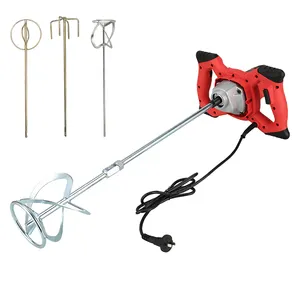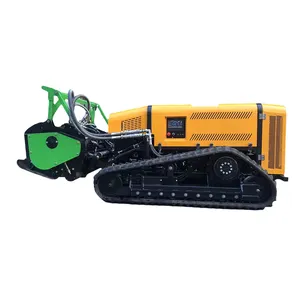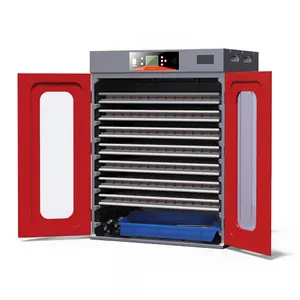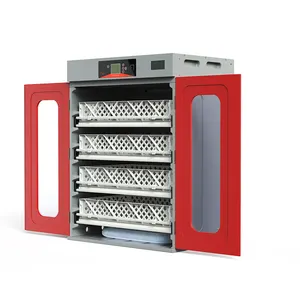Popular in your industry






























































Related Searches:























































































































Top categories
About cultivation machine
Farm machinery in agriculture includes various specialized tools designed to enhance agricultural processes. These range from simple hand tools to complex machinery, each serving a specific function in the cultivation of crops. A cultivation machine is a broad term that encompasses equipment used for soil preparation, planting, and crop maintenance. These machines play a crucial role in modern agriculture by increasing efficiency and productivity on farms of all sizes.
Types of Cultivation Machines
There are several types of machines used in farm and farm machinery, each designed to perform specific tasks in the cultivation process. Common examples include plows, harrows, seeders, and cultivators. A plow is an agricultural tool used to break and turn the soil, making it ready for planting. Modern plows are often attached to tractors for mechanized soil preparation. Harrows are used to further break up and smooth the soil after plowing, creating a suitable seedbed. Seeders, as the name suggests, are machines designed for precise and efficient planting of seeds. They can vary from simple hand-operated seeders to complex, tractor-mounted seed drills.
Cultivators are machines used for weed control and soil aeration between rows of crops. They come in various sizes and configurations, from small handheld models to large tractor-pulled units. In contrast, a power tiller machine is a versatile piece of equipment that combines the functions of a plow, harrow, and cultivator. It is usually smaller than a tractor and is often used for smaller-scale cultivation, such as in home gardens or small farms.
Benefits of Using Cultivation Machines
The use of cultivation machines offers several advantages. First, it significantly reduces the physical labor required for soil preparation, planting, and tending to crops. This not only saves time and effort but also enables farmers to cover larger areas of land efficiently. Moreover, the use of cultivation machines leads to more precise and consistent results in terms of seed placement, spacing, and depth, resulting in better crop establishment and higher yields. Additionally, these machines contribute to soil health by minimizing soil compaction and erosion, especially when equipped with advanced technologies like GPS guidance systems.
Furthermore, the use of cultivation machines in the farming process is a significant step towards sustainable agriculture. By promoting efficient resource use, reducing the environmental footprint, and adopting practices such as reduced tillage, these machines contribute to the overall sustainability of agricultural operations. In essence, the use of agricultural farm machinery is essential for modern agriculture, offering a combination of efficiency, precision, and sustainability in crop cultivation.











































































